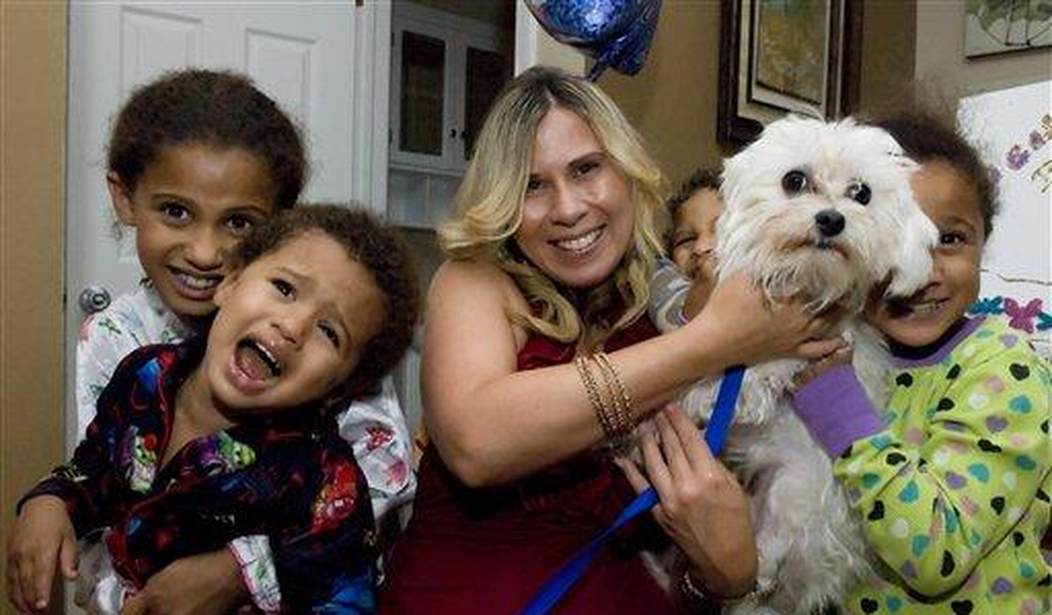The latest Wall Street Journal/NORC poll took a stab at measuring happiness in America and the results were mildly surprising.
Thirty percent rated themselves as “not too happy” while a majority — 56% — said they were “pretty happy.” Just 12% of Americans rated themselves as “very happy,” and therein lies the story.
Why do so few Americans think of themselves as “very happy”? What is that these Americans believe that sets them apart from the rest of the people in America?
Generally, these Americans are older, often in their retirement years.
Overwhelmingly, the very happy value strong relationships. Some 67% say marriage is very important to them, regardless of their own marital status, compared with 43% of respondents overall.
They tend to say belief in God is important. Two-thirds describe themselves as very or moderately religious, compared with less than half of adults overall.
Community involvement rates as more important among the very happy than among those who report lower levels of happiness. And while many of the very happy are satisfied with their personal finances, as a group they don’t attach high importance to money.
“We’re living on Social Security and a couple of small pensions. We live from month to month on that,” said Mary Ann DePasquale, 76, a retired medical secretary in Keedysville, Md., one of the survey respondents who identified herself as very happy. “But we don’t want for anything.”
Somewhat surprisingly, the very happy are fairly evenly divided between Republicans and Democrats. But in interviews, many of the very happy “felt their happiness was partly built into their personalities, partly controlled by choices they make in their daily lives.”
And being physically fit also seemed to be a common trait among the very happy. “I am the only person at the gym who works out with a 2-year-old in a stroller with me,” said LaTasha McCorkle, 35, a community activist in Greensboro, N.C.
The very happy tend to be older. Those ages 60 and above accounted for 30% of people in the survey but 44% of the happiest group.
The findings make sense to Robert J. Waldinger, a professor of psychiatry at the Harvard Medical School. Research has shown that many people grow happier later in life, he said.
“As we get older and realize that death is a real thing, rather than making us depressed, it makes us put a priority on well-being,” Waldinger, a professor of psychiatry at the Harvard Medical School. Dr. Waldinger is also director of the Harvard Study of Adult Development.
One of the essential findings of the study he did that tracked two families beginning in 1938, is that having “one or two people who you are securely connected to” is a top component of happiness and health.
Lonely, sad people don’t outlive happy people who are connected to a spouse and family. This has been known for a long time and speaks to our shared experiences as people and society.










Join the conversation as a VIP Member